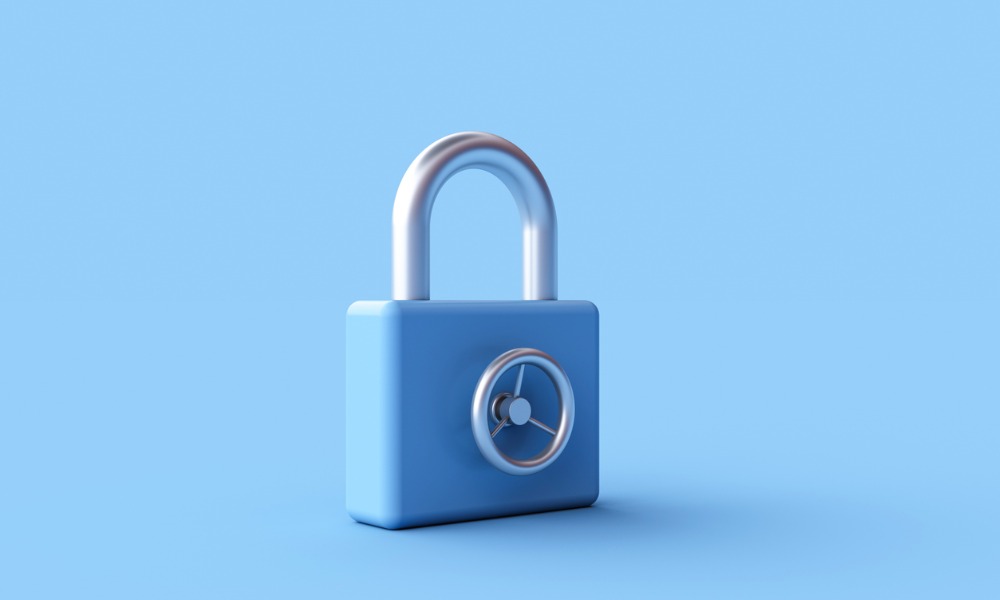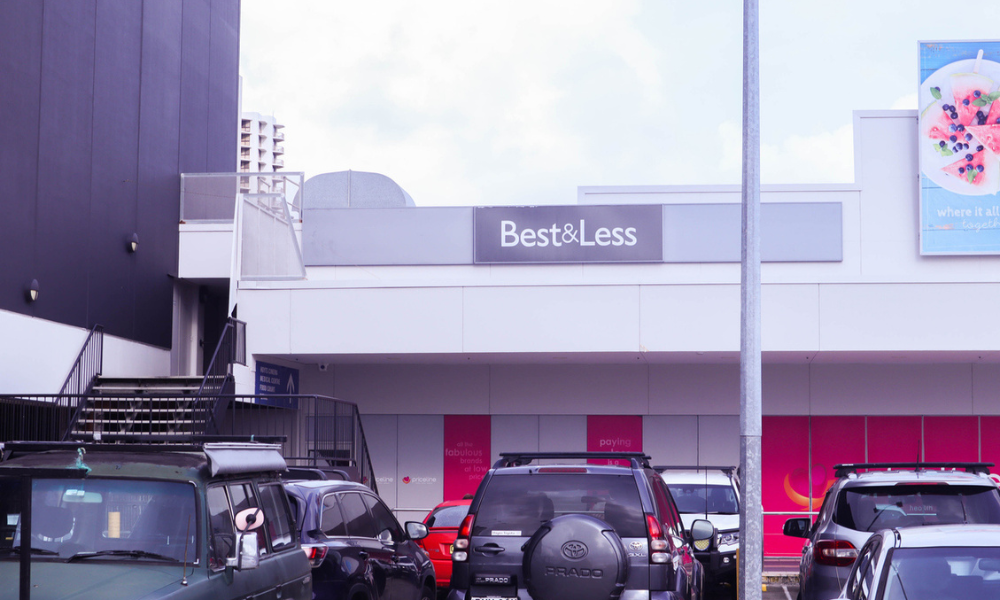There is no doubt that breastfeeding gives a baby and mother the best start possible. Despite this only about one third of mothers still do so at 6 months, well below the World Health Organisation’s recommendation.
There is no doubt that breastfeeding gives a baby and mother the best start possible. Despite this only about one third of mothers still do so at 6 months, well below the World Health Organisation’s recommendation. The National Health and Medical Research Council (NHMRC) recommends exclusive breastfeeding for the first 6 months and continuing until 12 months along with complementary foods. Being aware of some of the pitfalls prior to giving birth can enable some women to breastfeed for longer.
Preparation: in general I find it helps women to have watched other women breastfeed, whether that be in person or on tape.
Commencement: if breastfeeding doesn’t start off easily in hospital, you should ask for a midwife or lactation consultant to help. The most common difficulties are with attachment of the baby to the breast (and poor attachment can cause nipple trauma), and supply issues (oversupply and undersupply.) It is important to feed the baby “on demand” because this will help to build up your milk supply.
Problems: There are some situations where the use of a bottle (with formula or expressed breast milk) is necessary and unavoidable (eg some cases of cleft palate.) Your doctor and midwife will advise you when this is needed.
Some mothers have anatomical differences (such as flat or inverted nipples) which make breastfeeding more challenging, but not impossible. Almost everything you consume passes into your milk and then to your baby, including medications, coffee, alcohol. Problems such as cracked nipples and mastitis can be overcome. You can seek free help from the Australian Breastfeeding.
Breastfeeding in the workplace: Employers can help female employees return to work following maternity leave. Facilities to enable women to express while at work include a private room with a lockable door, table, an electrical outlet and refrigerator.
By Dr Jo-Anne Zappia, director of medical services, Peak Health Management. Email [email protected] or visit www.peakhealth.com.au








